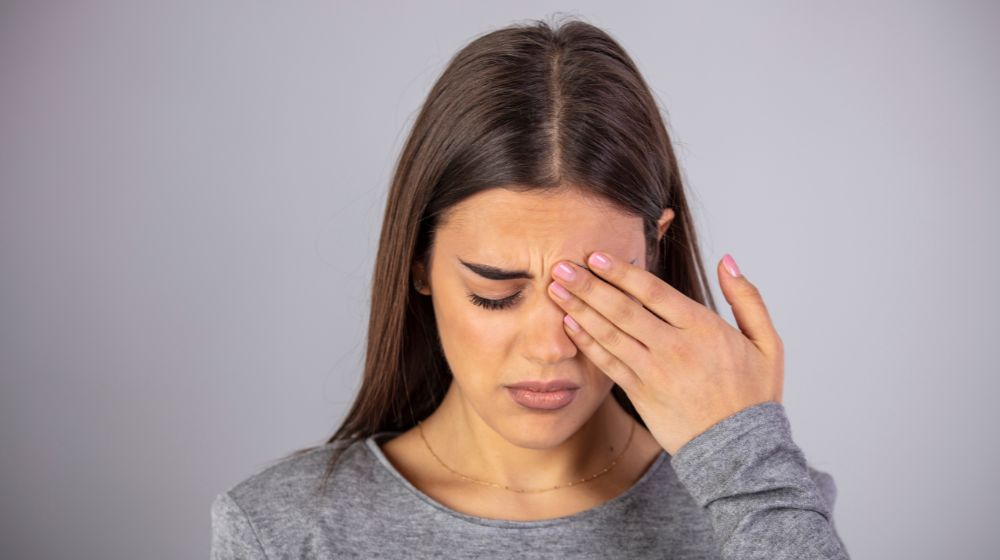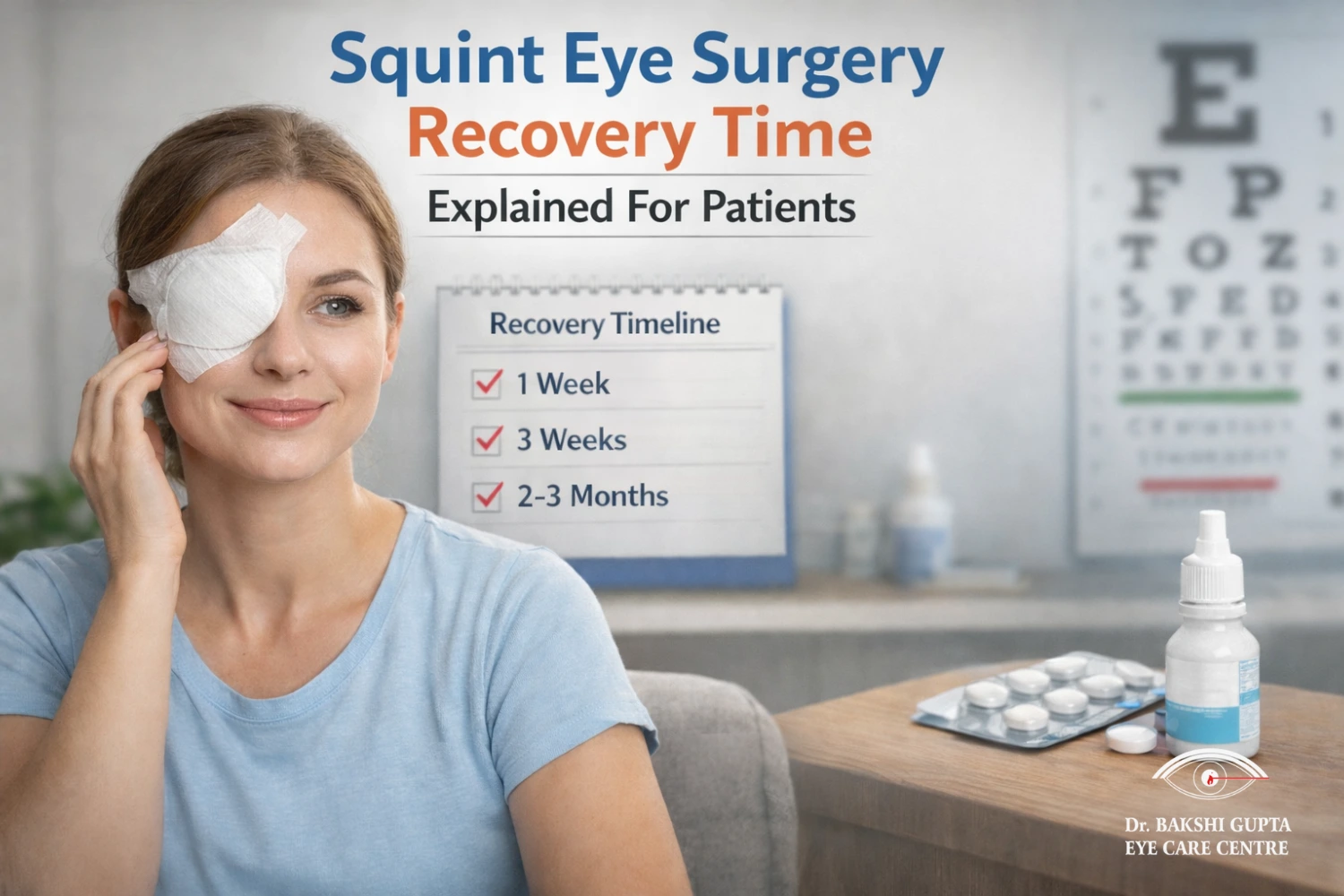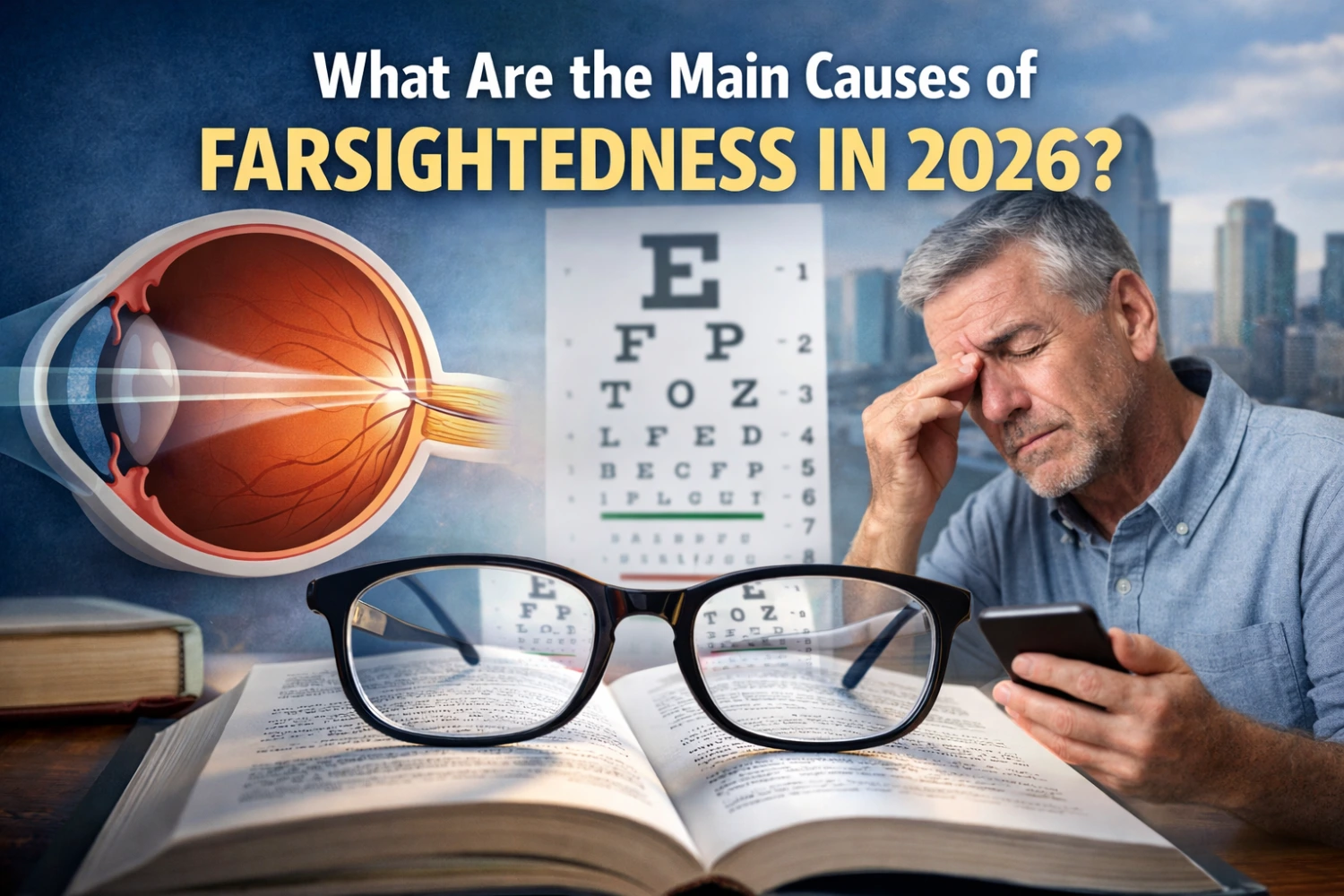Swelling around eyes is something almost everyone experiences at least once. Sometimes it’s just a temporary puffiness after a long night, but other times, it can signal an allergy, infection, or a skin condition. When the delicate skin around your eyes reacts, it can leave you with discomfort, visible swelling, and even pain.
In this blog, I’ll walk you through the common causes of swelling around eyes, how to recognize symptoms, and practical tips you can use for relief. Whether you’re dealing with allergic swelling around eyes, dryness, or even an infection, you’ll find everything explained in simple terms.
Why Does Swelling Around Eyes Happen?
The skin around the eyes is thinner and more sensitive compared to the rest of the face. That makes it prone to reacting quickly to changes in your body, allergies, or environmental irritants. Swelling happens when fluid builds up in the tissues surrounding your eyes or when your immune system responds to something unusual.
For instance, if you have an allergic reaction swelling around your eyes, it might come with itching, redness, or watery eyes. On the other hand, if the area above the eye swollen feels heavy or tender, it could be due to sinus congestion or even an insect bite.
Common Reasons for Swelling Around Eyes
When you notice puffiness or swelling under your eyes, it can stem from several factors. Here are some of the main swelling under eyes causes you should know about:
- Lack of Sleep: Fluid tends to collect under the eyes when you don’t get enough rest.
- Allergies: Allergens like pollen, pet dander, or dust can lead to allergic swelling around the eyes.
- Fluid Retention: Eating salty foods before bed can cause water retention, making under-eye puffiness worse.
- Aging: As skin and muscles weaken with age, fat moves downward, causing visible swelling.
- Sinus Issues: Blocked sinuses often make the area around the eyes, especially the area above the eye swollen, tender.
- Eye Infections: Conjunctivitis or styes can lead to painful eye infection swelling around the eye.
Allergic Reaction Swelling Around Eyes
When you have an allergic reaction swelling around eyes, your immune system reacts to substances like pollen, makeup, or certain foods. The swelling may be sudden and accompanied by:
- Itching or burning sensations.
- Red, watery eyes.
- Swollen eyelids that feel heavy.
In severe cases, allergic swelling may be part of a larger reaction known as angioedema, which requires immediate medical care.
Dry Skin and Swelling Around Eyes
Another overlooked cause is dry skin and swelling around eyes. The skin in this area is thin and lacks oil glands, making it prone to dryness. Constant rubbing due to irritation can worsen puffiness.
When you experience dry swollen skin around eyes, it might also appear flaky or red. Hydration, gentle moisturizers, and avoiding harsh products are key to reducing this type of swelling.
Eye Infection Swelling Around Eye
If your swelling is accompanied by pain, redness, and sometimes discharge, an infection could be the culprit. Eye infection swelling around eye often develops from conditions like conjunctivitis, blepharitis, or a stye.
- Conjunctivitis (Pink Eye): Causes redness, swelling, and discharge.
- Stye: A red, painful bump on the eyelid due to an infected gland.
- Blepharitis: Inflammation along the lash line, leading to irritation and swelling.
If infection persists, it’s always best to consult an eye specialist for treatment.
Eye Itching and Swelling Around Eye
Itchy eyes with swelling are usually signs of allergies, but they can also result from dryness or infections. Eye itching and swelling around eye can disrupt daily life, making you constantly rub your eyes, which only worsens the swelling.
Cool compresses, antihistamine drops, and avoiding allergens can bring quick relief in such cases.
Symptoms of Swelling Around Eyes
Swelling comes in different forms, and paying attention to accompanying symptoms helps identify the cause. Some common signs include:
- Puffiness under or above the eyes.
- Redness or irritation.
- Itching or burning sensation.
- Dry, flaky skin (common in dry swollen skin around eyes).
- Tenderness or pain (common in eye infection swelling around eye).
- Watering or discharge from the eye.
Quick Relief Tips for Swelling Around Eyes
Dealing with swelling doesn’t always mean rushing to a doctor. Many cases are mild and manageable at home. Here are quick relief tips:
1. Use a Cold Compress
A cold washcloth or chilled spoons placed on closed eyelids can reduce swelling instantly.
2. Stay Hydrated
Drinking enough water helps flush out excess salt and toxins that contribute to puffiness.
3. Cut Down on Salt
Too much sodium leads to fluid retention, making swelling worse.
4. Use Anti-Allergy Eye Drops
If allergic reaction swelling around eyes is the cause, antihistamine drops can reduce redness and itching.
5. Moisturize the Eye Area
For dry skin and swelling around eyes, apply fragrance-free moisturizers or eye creams with hyaluronic acid.
6. Get Proper Sleep
7–8 hours of sleep reduces fluid buildup and improves circulation.
7. Apply Cucumber Slices or Tea Bags
Natural remedies like chilled cucumber slices or green tea bags help soothe swollen eyes.
8. Avoid Rubbing Your Eyes
Rubbing worsens swelling and may trigger eye itching and swelling around eye further.
9. Elevate Your Head While Sleeping
Using an extra pillow can prevent fluid from pooling around the eyes overnight.
Medical Treatments for Severe Swelling
Sometimes, home remedies are not enough, especially if you have persistent eye infection swelling around eye or severe allergies. Treatments include:
- Prescription eye drops or ointments.
- Antibiotics for bacterial infections.
- Steroid creams for eczema-related dry swollen skin around eyes.
- Antihistamines for allergic swelling around eyes.
When to See a Doctor
Seek medical help immediately if swelling is:
- Sudden and severe.
- Accompanied by vision changes.
- Painful and spreading to other parts of the face.
- Associated with fever or discharge.
Persistent swelling should always be checked to rule out infections or underlying health conditions.
Preventing Swelling Around Eyes
Here are preventive measures you can adopt:
- Remove makeup before bed.
- Use hypoallergenic skincare and makeup products.
- Wear sunglasses to protect from pollen and dust.
- Maintain a balanced diet low in salt.
- Keep your sleeping schedule consistent.
Final Thoughts
Swelling around eyes may seem minor, but it can affect comfort and appearance. While most cases result from fatigue, allergies, or mild irritants, issues like infections or severe allergic reactions should not be ignored. Understanding the swelling under eyes causes, knowing the symptoms, and applying simple relief tips can make a huge difference in managing this condition.
If swelling persists or worsens, don’t hesitate to seek medical help. With proper care, you can keep your eyes healthy, comfortable, and looking their best.
FAQs on Swelling Around Eyes
1. What are the most common swelling under eyes causes?
The most common causes are allergies, lack of sleep, aging, sinus congestion, and fluid retention.
2. Can allergic swelling around eyes be dangerous?
Most allergic swelling is mild, but severe cases (angioedema) can be dangerous and require urgent medical care.
3. Why do I have dry swollen skin around eyes?
It can happen due to eczema, dehydration, harsh skincare products, or weather changes.
4. Can eye infection swelling around eye go away on its own?
Some mild infections like styes may resolve naturally, but bacterial infections usually need antibiotics.
5. How can I quickly reduce eye itching and swelling around eye?
Cool compresses, avoiding allergens, and using antihistamine drops are effective quick fixes.6. Why is the area above eye swollen when I have a cold?
This is often due to sinus congestion causing pressure and fluid buildup above the eyes.





